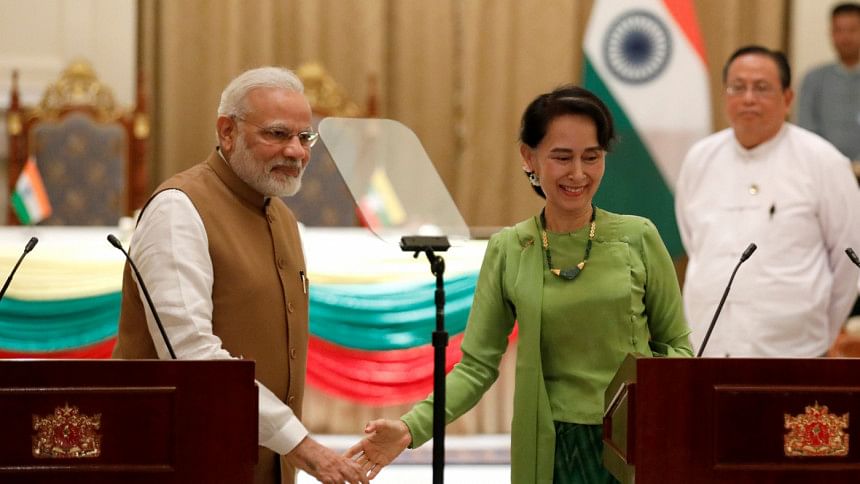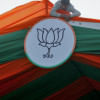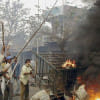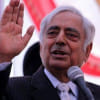Modi says India shares Myanmar's concern about "extremist violence"

Prime Minister Narendra Modi said on Wednesday that India shared Myanmar's concern about "extremist violence" in its Rakhine state, where a security force operation against Muslim rebels has sent about 125,000 people fleeing to Bangladesh.
Modi spoke after talks with Myanmar's de facto leader Aung San Suu Kyi during a visit aimed at expanding commercial ties as part of an "Act East" policy, and pushing back against Chinese influence.
Myanmar has come under international pressure after some 125,000 Rohingya Muslims fled from a surge of violence in Rakhine state, beginning with an Aug. 25 attack by Rohingya insurgents on dozens of police posts and an army base.
The rebel attacks triggered a sweep by the Myanmar security forces, in which refugees and right groups say many innocent Rohingya have been targeted.
Buddhist-majority Myanmar rejects accusations by refugees and rights groups that its armed forces have violated the rights of the mostly stateless Rohingya, saying the army and police are fighting "terrorists".
Mostly Hindu India has faced years of attacks by Islamist militants.
Suu Kyi told a joint news conference at the presidential palace in the capital, Naypyitaw, that Myanmar was grateful for India's stance on the attack on her country and they could work together to face the challenge.
"We would like to thank India particularly for its strong that it has taken with regard to terrorist threat that came to our country a couple of weeks ago," she said in brief remarks.
"We believe that together we can work to make sure that terrorism is not allowed to take root on our soil."
Modi said India and Myanmar had similar security interests in the region.
"We share your concerns about extremist violence in Rakhine state and specially the violence against security forces and how innocent lives have been affected," he said.
"We hope that all the stakeholders together can find a way out in which the unity and territorial integrity of Myanmar is respected and at the same time we can have peace, justice dignity and democratic values for all."
Modi's government has taken a strong stance on an influx into India of some 40,000 Rohingya from Myanmar over the years, vowing last month to deport them all.
That decision has drawn criticism from rights groups and prompted a petition in the Supreme Court to stop the government from doing so.
International concern, in particular from Muslim countries, is growing about the latest exodus of Rohingya.
Turkish President Tayyip Erdogan has pressed world leaders to do more to help the population of roughly 1.1 million, saying they are facing genocide.
U.N. Secretary-General Antonio Guterres warned on Tuesday of the risk of ethnic cleansing and regional destabilisation.
India is trying to boost economic ties with resource-rich Myanmar, with which it shares a 1,600-km (1,000-mile) border, to counter Chinese influence and step up links with a country it considers its gateway to Southeast Asia.
Two-way trade has grown to about $2.2 billion as India courts Myanmar following the gradual end of military rule, but Indian-funded projects have moved slowly.
India recently started exporting diesel to Myanmar via a land route, in a boost to Modi’s pledge to enhance hydrocarbon trade with neighbours.

 For all latest news, follow The Daily Star's Google News channel.
For all latest news, follow The Daily Star's Google News channel. 








Comments